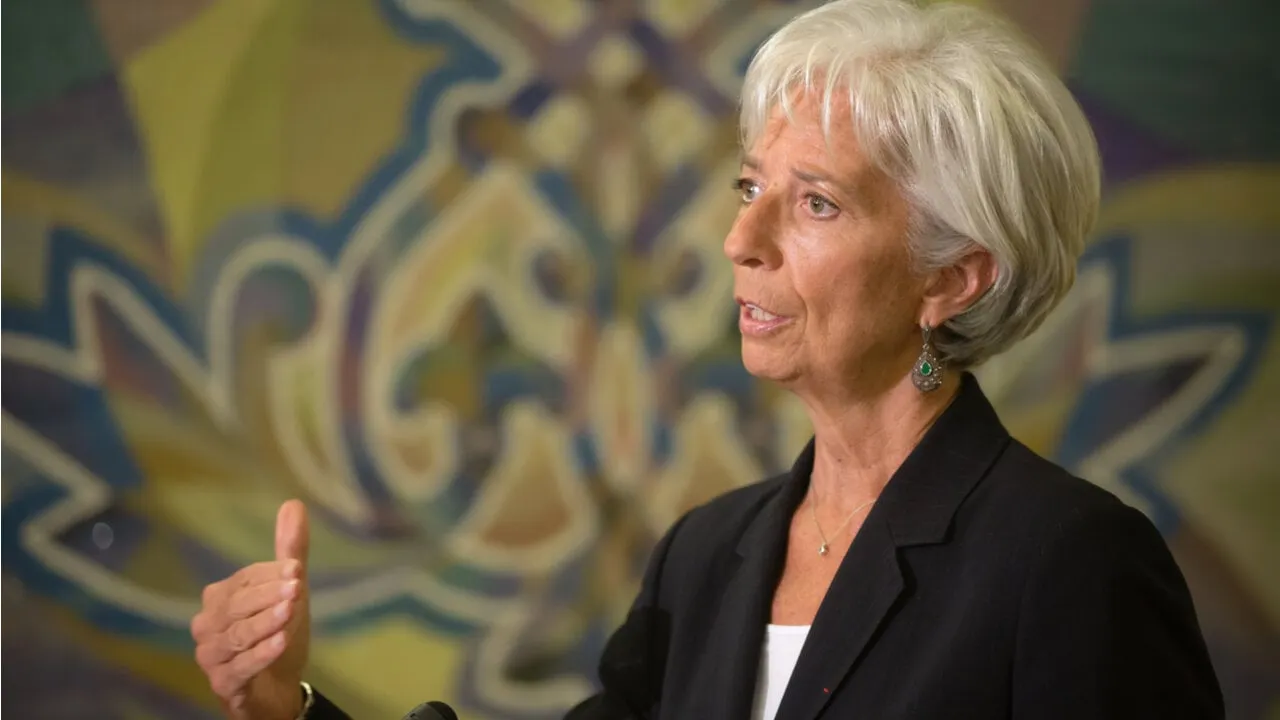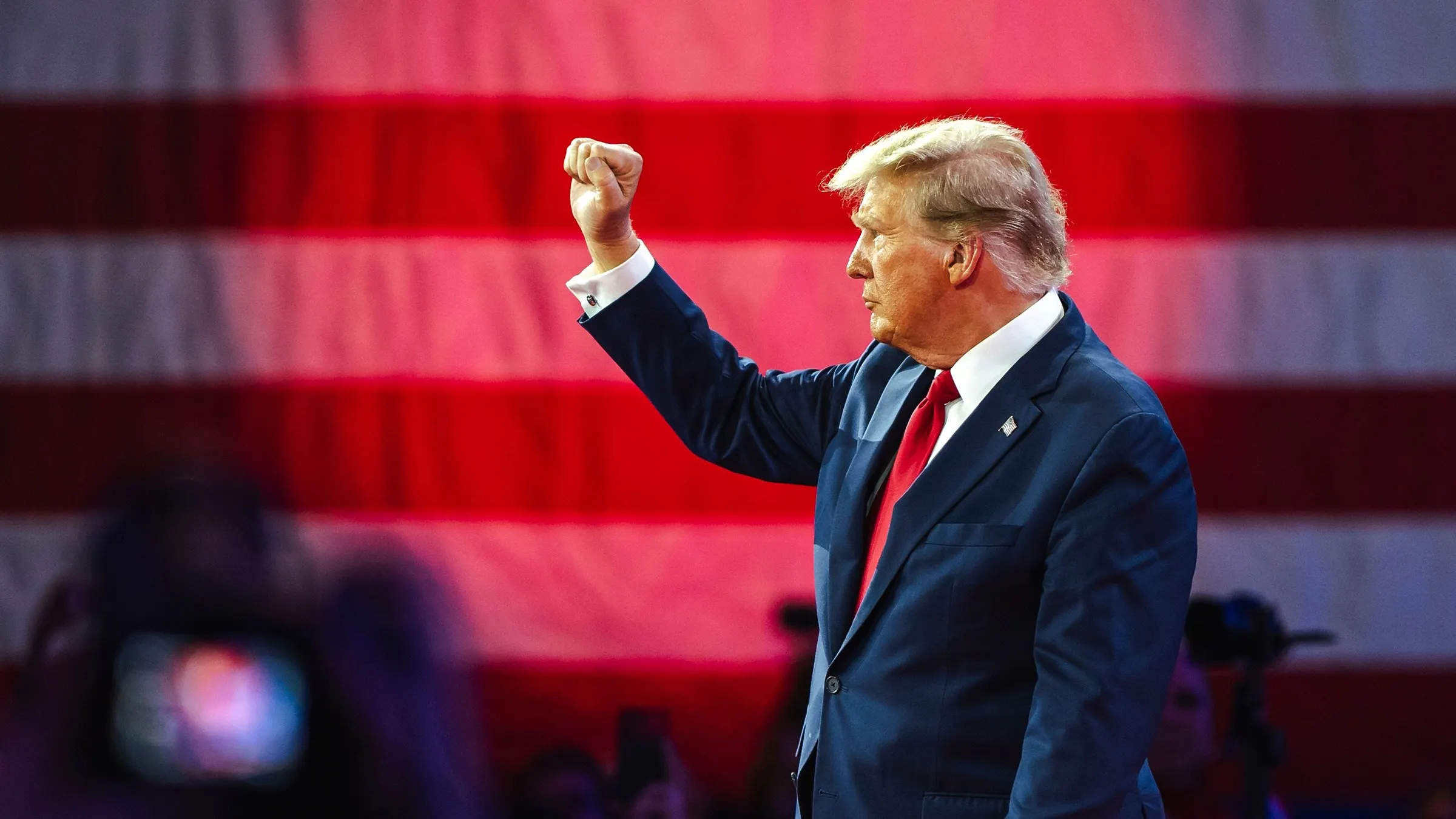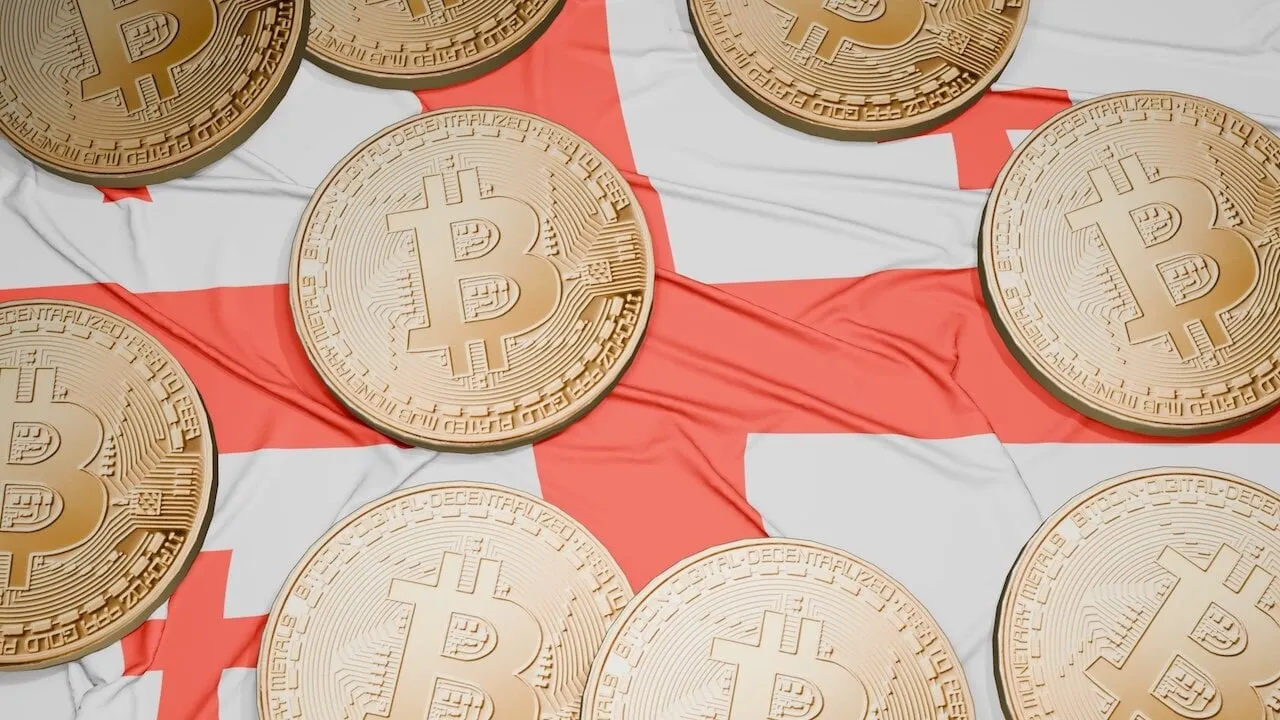
Christine Lagarde of the European Central Bank has refuted speculation that countries may add Bitcoin Their reserves anytime soon
At a Thursday press conference in Frankfurt, Lagarde said Bitcoin's volatility and ties to illicit finance make it unfit as a reserve asset.
“There is a view around the table of the governing council … that reserves have to be liquid, that reserves have to be secure, that they have to be safe," Lagarde said. “I'm confident that Bitcoins will not enter the reserves of any of the central banks of the general council.”
Her comments underscore continued skepticism toward Bitcoin among lawmakers in Europe despite the asset's recent appreciation and growing adoption by governments and institutions across the Americas.
While the European Central Bank cannot directly forbid its member states from investing in Bitcoin, it can enforce its will through investigations, sanctions, and administrative penalties.
Bitcoin's price has increased 150% over the last 12 months, bolstered by the approval of U.S. spot Bitcoin exchange-traded funds and a shifting regulatory climate.
Those tailwinds have fueled an influx of institutional dollars into the asset while at the same time inspiring US state governments to seek legislation to establish their own Bitcoin reserves. Several states, such as Pennsylvania, Texas, and Illinois, are now toying with the idea.
Last year, Sen. Cynthia Lummis proposed to add the token to the U.S. balance sheet, kickstarting a flurry of interest from lawmakers in what she has described as a means to “Supercharge the U.S. dollars’ position as world reserve currency in the coming decades.”
Earlier this month, President Donald Trump sought to honor some of his campaign promises, issuing his first executive order for crypto and establishing the Presidential Working Group on Digital Asset Markets.
The formation of a committee seeks to study the feasibility of adding digital assets to the nation's reserves, though Bitcoin was notably absent from the language in the executive order.
While European lawmakers appear largely more hesitant to throw their weight behind Bitcoin, some government officials across the continent have shown signs they are warming up to the token.
At least one politician in Italy has advocated for public and private investments into Bitcoin this year, shortly after the nation's largest bank bought $1 million worth of the asset.
Meanwhile, Czech National Bank Governor Aleš Michl said earlier this week that he would consider adding Bitcoin to the nation's reserves.
Even so, the policymakers in European countries will face a lot of opposition. This makes adoption by European nations of Bitcoin a distant possibility.
Sebastian Sinclair is the editor


